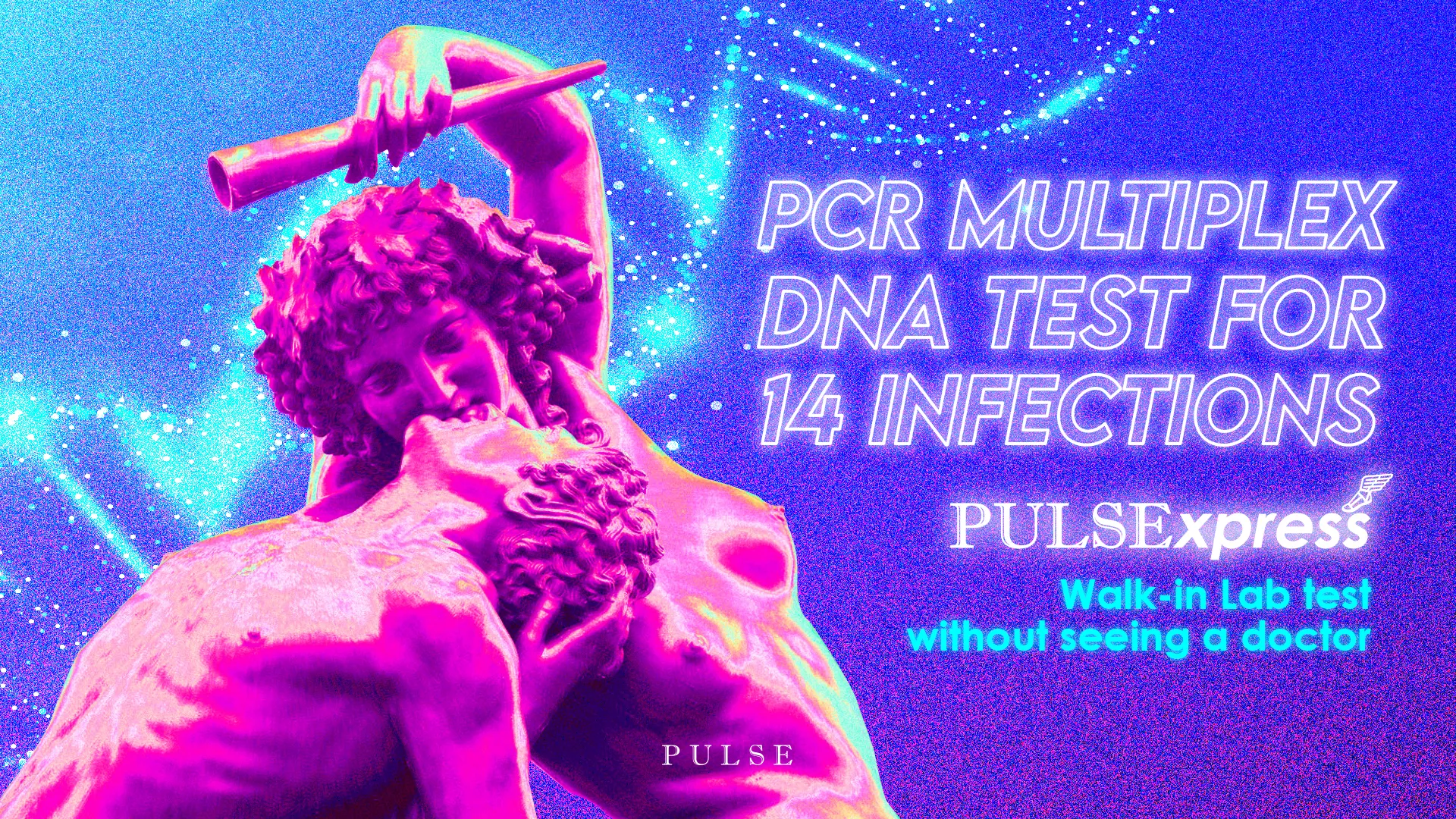The first woman in the world believed to be cured of HIV
2966
A new HIV strain is said to cause more severe and quicker disease infection due to the high viral load of the virus. Should we worry? Read on.

The first woman in the world believed to be cured of HIV
A woman of mixed race being treated for leukaemia appears to be the first woman to be cured of HIV (Human Immunodeficiency Virus) after a stem cell transplant from a naturally resistant donor.
The patient has been in remission and free of the AIDS-causing virus for 14 months and without the need for HIV treatments known as antiretroviral therapy.
The woman patient is also believed to be the third person ever to be cured. The two prior cases involved a white male patient and a Latino male patient.
The two previous known cases where the male patients had received adult stem cells as part of bone marrow transplants. The case of a middle-aged woman of mixed race treatment involved umbilical cord blood.
Her case was presented at the Conference on Retroviruses and Opportunistic Infections in Denver, and it is the first time that this method is known to be used as a functional cure for HIV.
The women transplant cells have a specific genetic mutation that HIV cannot infect.
However, experts say that the transplant method involving umbilical cord blood is too risky to be suitable for most people living with HIV.
The sex and racial background of the new case mark a significant step forward in developing a cure for HIV.
Since the first person ever to be cured of HIV/AIDS, it has brought hopes to millions of people that a cure for this disease is possible.
While we are all waiting for a cure for HIV, many people living with HIV are still depending on antiretroviral therapy (ART). ART is not a cure for HIV, but it keeps HIV under control and gives people with HIV a near-normal life expectancy.
Other Read:
Add us on Line and stay in touch.
Testing and current treatments will still control disease
William A. Haseltine, Ph.D., chair and president of ACCESS Health International, says human behavior plays a lot more role in terms of HIV testing specifically on the person’s daily activities and sex partners. “People with multiple sex partners must undergo HIV screening more often,” he mentioned.
Former FDA associate commissioner and president of the Center for Medicine in the Public Interest, Peter Pitts, said VB is not a cause for alarm. “I think it’s a cause for renewed focus,” he said. “The battle against viruses is a never-ending one." He mentioned the lessons that COVID-19 has implied. Regular testing is a weapon against viruses and infections.
Getting tested regularly can massively impact the effect of the virus when detected early.
Where to Get Tested and HIV treatment
Testing and treatment for a wide array of sexually transmitted infections including HIV are provided in all PULSE Clinic branches all over Asia such as Thailand, Singapore. Malaysia, Hong Kong, and the Philippines.
PULSE Clinic branches in Thailand are located in Silom, Phrom Phong, Phaya Thai, Nana, Phuket, and Pattaya branch will be opening soon.
Reach out to PULSE Clinic to schedule a consultation and test through: www.pulse-clinic.com or call +66 65 237 1936






